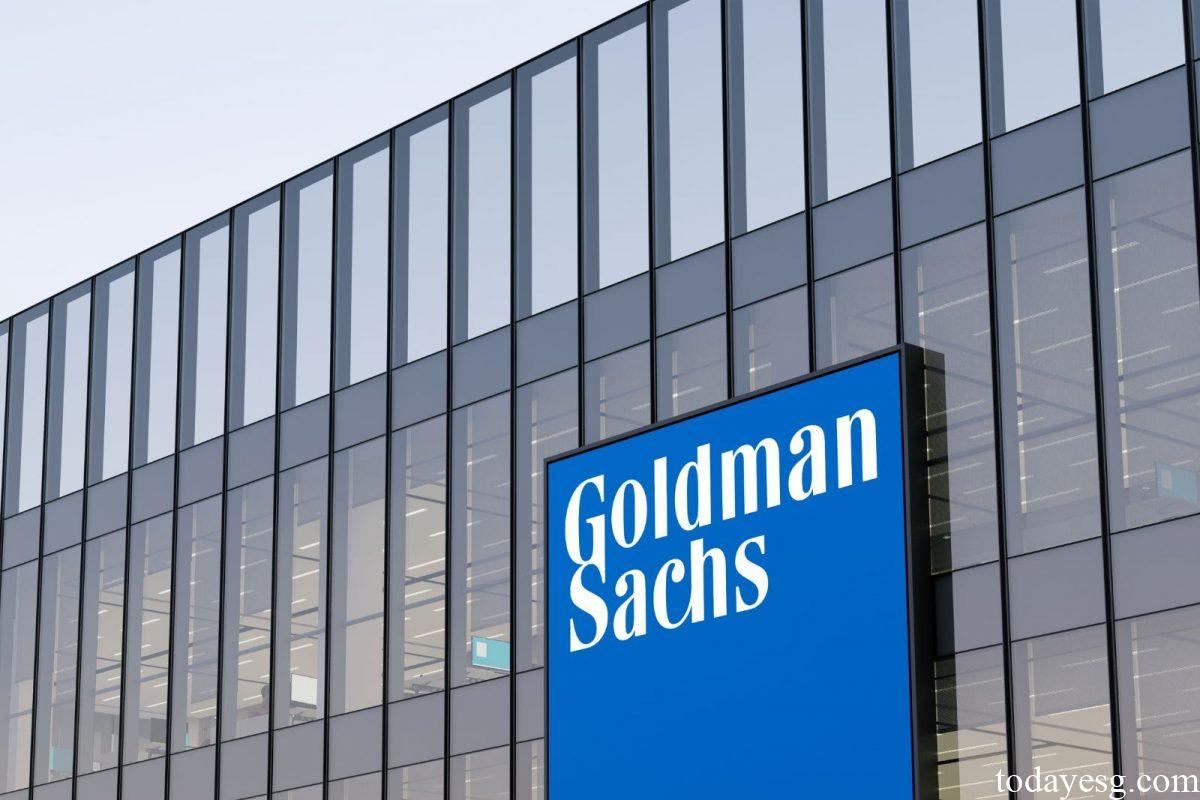Federal Reserve officials are dampening expectations for interest rate cuts, but will the "biggest buyer" of U.S. stocks return to the market?
The next stage of the rise in U.S. stocks seems to have a new hope.
On Wednesday, Susan Collins, President of the Federal Reserve Bank of Boston, stated at the Massachusetts Institute of Technology that the time required to reach the 2% inflation target is longer than previously thought, which also means that interest rates need to be maintained at the current level for a longer period.
The road to fighting inflation in the United States is arduous and long.
Collins said that there has been little progress in combating inflation in 2024, and recent data has led her to believe that it will take more time than previously expected. She believes that a slowdown in economic growth is necessary to keep inflation on a sustainable path towards the Federal Reserve's 2% target. However, Collins did not provide an assessment of the subsequent rate cut process. "Policy does not have a predetermined path; it needs to be decided based on a systematic and comprehensive assessment of a wide range of information."

This is Collins' first public statement since the Federal Open Market Committee (FOMC) meeting last week and is also the latest hawkish remarks from another Federal Reserve official in nearly a month. Analysis suggests that Collins' comments echo the views of Federal Reserve Chairman Jerome Powell, who stated last week that it would be inappropriate to lower the target range of the federal funds rate before there is greater confidence in the sustained progress of inflation towards the 2% target.
At the interest rate meeting in December last year, Federal Reserve Chairman Jerome Powell took the initiative to mention interest rate cuts. Many Federal Reserve officials also expected that if the inflation rate continues to decline gradually and the economy grows steadily, the Federal Reserve may cut interest rates three times in 2024. However, as we entered 2024, the inflation data in the United States has continuously exceeded expectations.
According to data released by the U.S. Bureau of Labor Statistics, the U.S. consumer price index (CPI) in March increased by 3.5% year-on-year, higher than the expected 3.4%, and also higher than the previous value of 3.2%. The U.S. CPI increased by 0.4% month-on-month in March, exceeding the expected 0.3%, and was the same as the previous value. The core inflation that the Federal Reserve pays more attention to, excluding food and energy costs, saw the U.S. core CPI increase by 3.8% year-on-year in March, higher than the expected 3.7%, and the same as the previous value. The U.S. core CPI increased by 0.4% month-on-month in March, higher than the expected 0.3%, and also the same as the previous value.
The continuous rise in CPI beyond expectations means that the rebound in U.S. inflation since the beginning of the year is not a temporary phenomenon.
Although in the near term, there have been signs of a slowdown in the U.S. labor market, it remains flexible overall, and there is still a possibility of a rebound in inflation. Data released by the U.S. Bureau of Labor Statistics last week showed that 175,000 non-farm jobs were added in April, far below the expected value of 240,000.
Against the backdrop of persistent inflation, even U.S. President Joe Biden has rarely broken the convention of not commenting on Federal Reserve decisions. He once stated publicly that he adheres to the expectation of interest rate cuts by the Federal Reserve and believes that the United States will eventually cut interest rates before the end of the year.
U.S. stock buyback wave is coming, short-term rise expected?
Interestingly, just after the Federal Reserve signaled its readiness to maintain high interest rates for a long time, the main force of the U.S. market and the largest buyer of U.S. stocks, U.S. companies, seem to be ready to return to the market, and the next phase of the rise in U.S. stocks seems to have new hopes.

Goldman Sachs strategist Scott Rubner said that U.S. companies are expected to repurchase $934 billion worth of shares this year, a 13% increase from last year, of which about one-sixth, or $155.5 billion, is expected to be repurchased in May and June. In addition, more than $550 billion worth of share buybacks have been authorized in the U.S. stock market so far this year, the third-highest on record, and the amount of buybacks completed in the first quarter has increased by 21% compared to the same period last year.
Goldman Sachs also said that as companies enter the open trading window period after releasing their earnings, the buyback wave may become more fierce. Just this week alone, about 92% of companies will be in the open trading window period, and the buyback wave is expected to continue until June 14th. The buyback actions of these companies could all provide sufficient support to the stock market and help U.S. stocks reach new highs in the short term.
In addition to the buyback factor, Goldman Sachs also listed other favorable conditions: including momentum traders and retail investors preparing to buy stocks who will become more active in the summer. Commodity Trading Advisors (CTAs) use futures market positions to capitalize on asset price momentum, and their models predict that CTAs will buy stocks next week regardless of market direction.
Data shows that since the end of October 2023 to April this year, the S&P 500 index has risen sharply, driving the stock index's trading price to 20 times the expected profit, about 11% higher than the 10-year average. Investors are now looking for reasons to justify high valuations and hope to see greater growth in the future.
·Original
Disclaimer: The views in this article are from the original Creator and do not represent the views or position of Hawk Insight. The content of the article is for reference, communication and learning only, and does not constitute investment advice. If it involves copyright issues, please contact us for deletion.